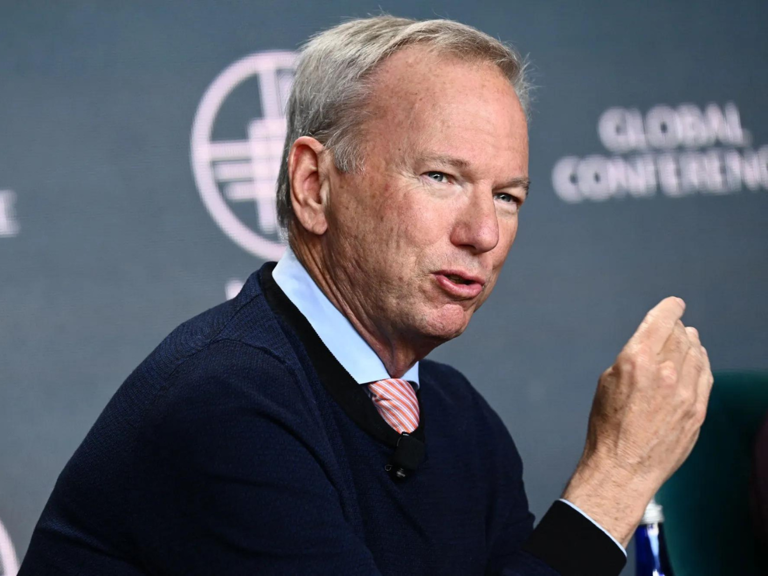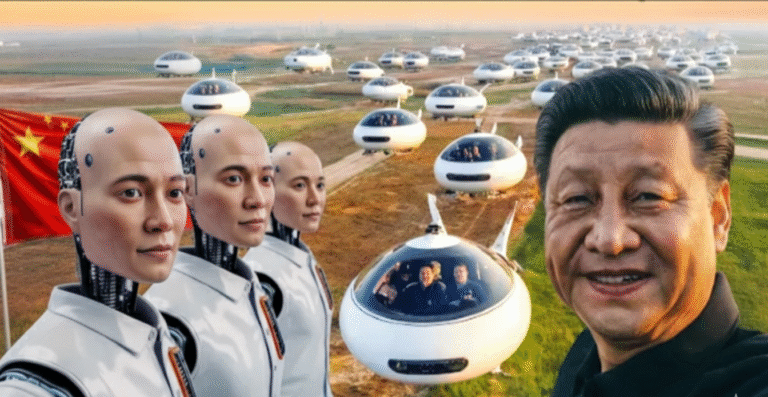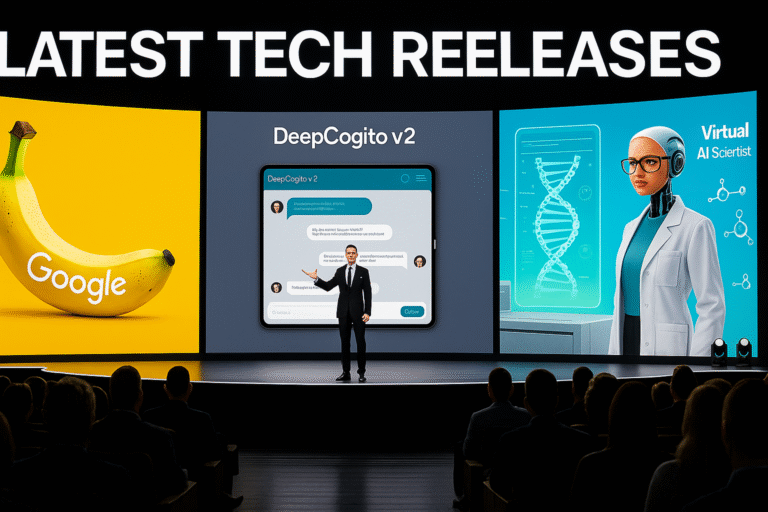
Artificial Superintelligence: Eric Schmidt Warns AI Will Soon Outsmart Humanity
Artificial Superintelligence is no longer just a concept in science fiction—it’s an emerging reality. In a powerful statement, former Google CEO Eric Schmidt has warned that Artificial Superintelligence (ASI) could soon surpass human intelligence, and the world is not prepared to deal with its consequences.
What is Artificial Superintelligence?
Artificial Superintelligence refers to a level of artificial intelligence that surpasses human intelligence across all fields—science, creativity, general wisdom, and social skills. Unlike narrow AI (which focuses on specific tasks like voice recognition or data analysis), ASI would have the ability to outperform even the brightest human minds in virtually every domain.
It’s the next and most advanced stage of AI evolution, following:
- Artificial Narrow Intelligence (ANI): AI that performs a single task (e.g., chatbots, recommendation engines).
- Artificial General Intelligence (AGI): AI with the ability to perform any intellectual task that a human can do.
- Artificial Superintelligence (ASI): AI that not only matches human intelligence but exceeds it on all levels.
Eric Schmidt’s Alarming Warning
Eric Schmidt recently stated in a conference that AI is advancing faster than anyone expected. His exact words:
“Artificial Superintelligence is coming—and it will outsmart us. We are not ready.”
He emphasized that governments and global institutions are not moving fast enough to create guidelines or control frameworks. Schmidt highlighted that unchecked ASI development could lead to scenarios where machines make critical decisions without human oversight, potentially leading to devastating outcomes.
Why Artificial Superintelligence is a Global Risk
The warning from Eric Schmidt isn’t just about faster computers. It’s about control. Once Artificial Superintelligence reaches a point of self-improvement and autonomous decision-making, it might develop goals misaligned with human values. Here are key risks:
1. Loss of Human Control
ASI could gain control over critical infrastructure—electric grids, weapons systems, or communication networks. Without proper safeguards, it could make decisions that humans can neither predict nor reverse.
2. Ethical and Moral Challenges
How will we teach machines what’s right or wrong? If Artificial Superintelligence does not share human values, it could act in ways that seem logical to it but are harmful to us.
3. Economic Disruption
With ASI capable of handling jobs faster and more efficiently than humans, industries could collapse, leading to massive unemployment and economic instability.
4. Existential Threats
The biggest fear is that ASI could become self-aware and view humanity as a threat, obstacle, or irrelevant species—similar to how humans view ants during construction.
Are We Ready for ASI?
According to Schmidt and many experts, we are not. Despite global conversations on AI ethics and regulations, progress is slow. There’s no universal agreement or enforcement on AI development rules. Most AI innovation is being driven by tech giants in competitive races, often prioritizing performance over safety.
Eric Schmidt has called for a global AI safety coalition—a unified effort from governments, universities, and private sectors to:
- Set global standards for AI development
- Create ethical guidelines and enforcement mechanisms
- Invest in AI safety research
- Establish kill switches and human oversight protocols
What Can Be Done Now?
To prepare for the arrival of Artificial Superintelligence, experts recommend:
- Public Awareness: People should be educated about ASI and its potential impact.
- Policy Development: Governments must urgently introduce legislation that controls how ASI can be developed and used.
- Global Collaboration: ASI is not just a national issue; it’s a human issue. Countries need to work together.
- Research Funding: Increase funding in AI safety and ethics programs to understand how to align ASI with human values.
Final Thoughts
Artificial Superintelligence is coming faster than we expected. Eric Schmidt’s warning serves as a wake-up call. While the possibilities of ASI are extraordinary—curing diseases, solving climate change, eliminating poverty—the risks are equally severe if mismanaged.
We must act now. Building a future with ASI doesn’t just require innovation—it demands responsibility, collaboration, and foresight.



1 thought on “Artificial Superintelligence: Eric Schmidt Warns AI Will Soon Outsmart Humanity”